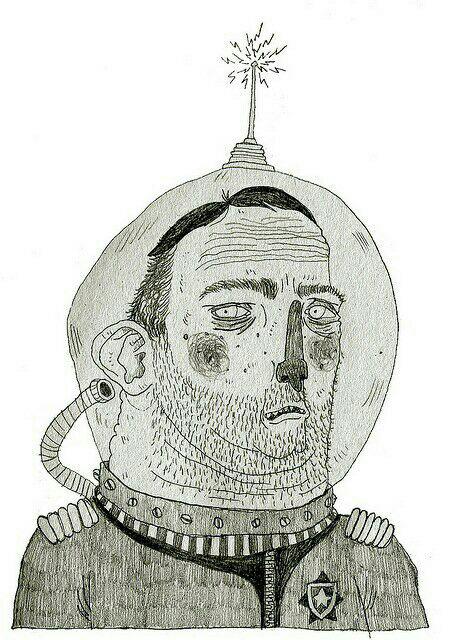Illusion of truth effect: You repeat, I believe

The Illusion of Truth Effect / Image by Bene Rohlmann
The psychological fact of suggestion is the fact that if statements are made again and again in a confident manner, without argument or proof, then their hearers will tend to believe them quite independently of their soundness and of the presence or absence of evidence for their truth. More particularly will his hearers tend to accept the suggestions of a speaker if he has what we may call ‘prestige’ — the acknowledged dignity of authority possessed by Cabinet Ministers, bishops, prize – fighters, successful authors, and other famous men.
Straight and Crooked Thinking, Robert H. Thouless
The more something is repeated, the more it is believed to be true. In other words, repetition magically makes any statement truer, whether it really is valid or not. The phenomenon is known as the Illusion of Truth effect, but it is also labeled as illusory truth effect and reiteration effect.
Advertisements continuously rave about a product. Political campaigns exaggerate about their favored candidate. The examples are countless.
This effect was first introduced by Hasher, Goldstein and Toppino in 1977. In an experiment, they asked the subjects to check the veracity of some random sets of statements. Some of the statements were repeated from set to set, while others were completely new. The results showed that repeated statements were generally marked as more valid than the others.
In his famous book, The Crowd: A Study of the Popular Mind, Gustave Le bon asserts that, “Affirmation, however, has no real influence unless it be constantly repeated, and so far as possible in the same terms. It was Napoleon, I believe, who said that there is only one figure in rhetoric of serious importance, namely, repetition. The thing affirmed comes by repetition to fix itself in the mind in such a way that it is accepted in the end as a demonstrated truth.”
Marcus Cato, the Roman statesman of the second century, was one of the pioneers to use this effect. He was known to conclude all his speeches with the same call: “Ceterum censeo Carthaginem delendam esse” which translates to English as “Furthermore, I consider that Carthage must be destroyed”. Many believe that it was the repetition of this call which resulted in the Third Punic War which led to the complete destruction of the city.
Joseph Goebbels, the infamous propaganda minister of the Nazi Germany, also believed that if you repeat a lie often enough, it will become the truth itself.
This cognitive bias shows how feeble our minds are when it comes to analyzing the veracity of a fact, and that our beliefs can be manipulated through very elementary tools, such as a simple process of continuous repetition.
Also watch
Further reading
The Truth Effect and Other Processing Fluency Miracles
Science suggests that frequently repeating a lie creates “the illusion of truth”
Credibility of Repeated Statements: Memory for Trivia
WANT TO MAKE A LIE SEEM TRUE? SAY IT AGAIN. AND AGAIN. AND AGAIN
Repetition Creates The Illusion Of Truth
Are We Overly Credulous? No, It’s Just the Illusory Truth Effect
